
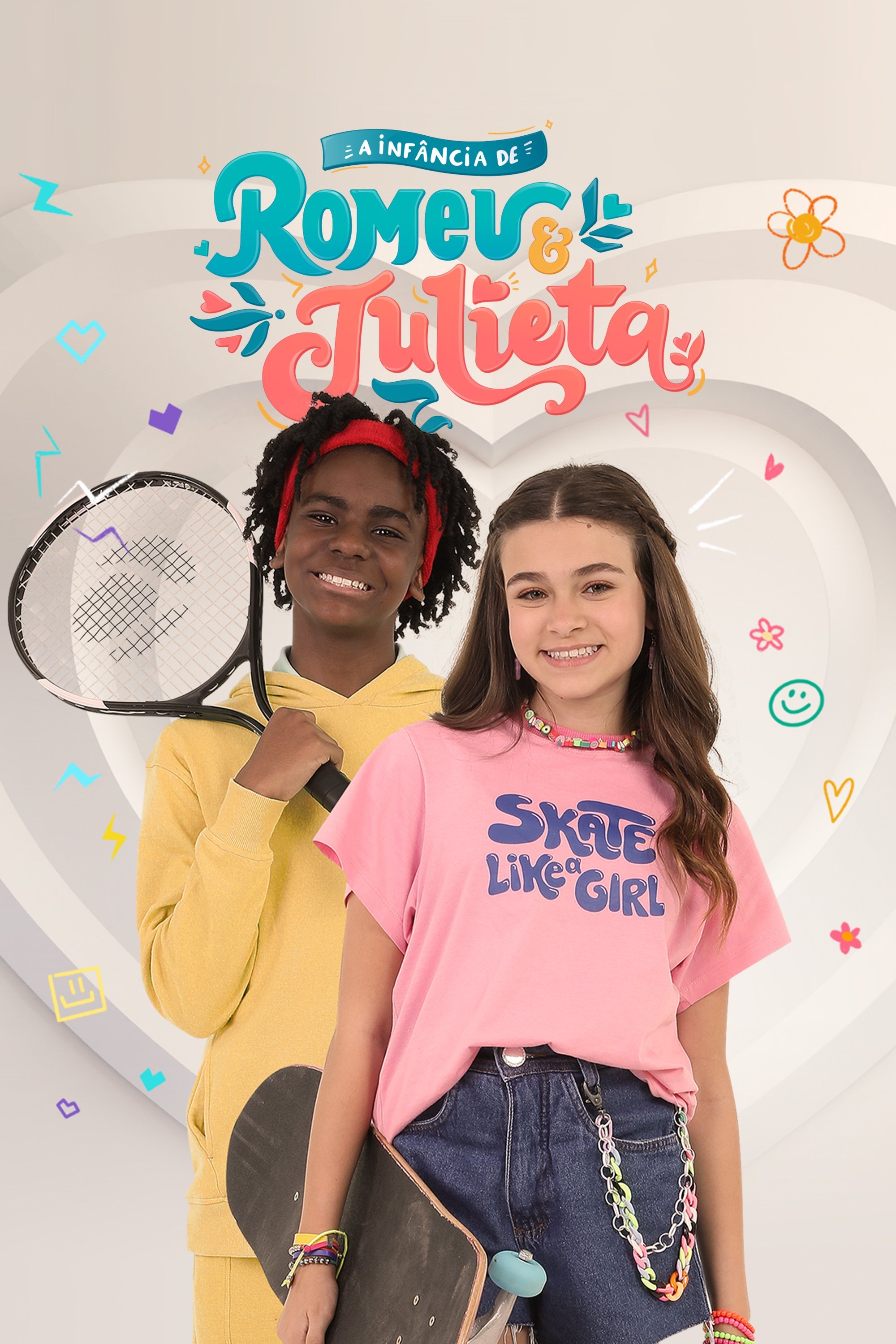
Romeo and Juliet are kids that belong to different worlds, rival groups, and enemy families, but they like each other and can’t help the feeling. To stay together, they have to solve mysteries from the past and face those who they love the most to bring back harmony.
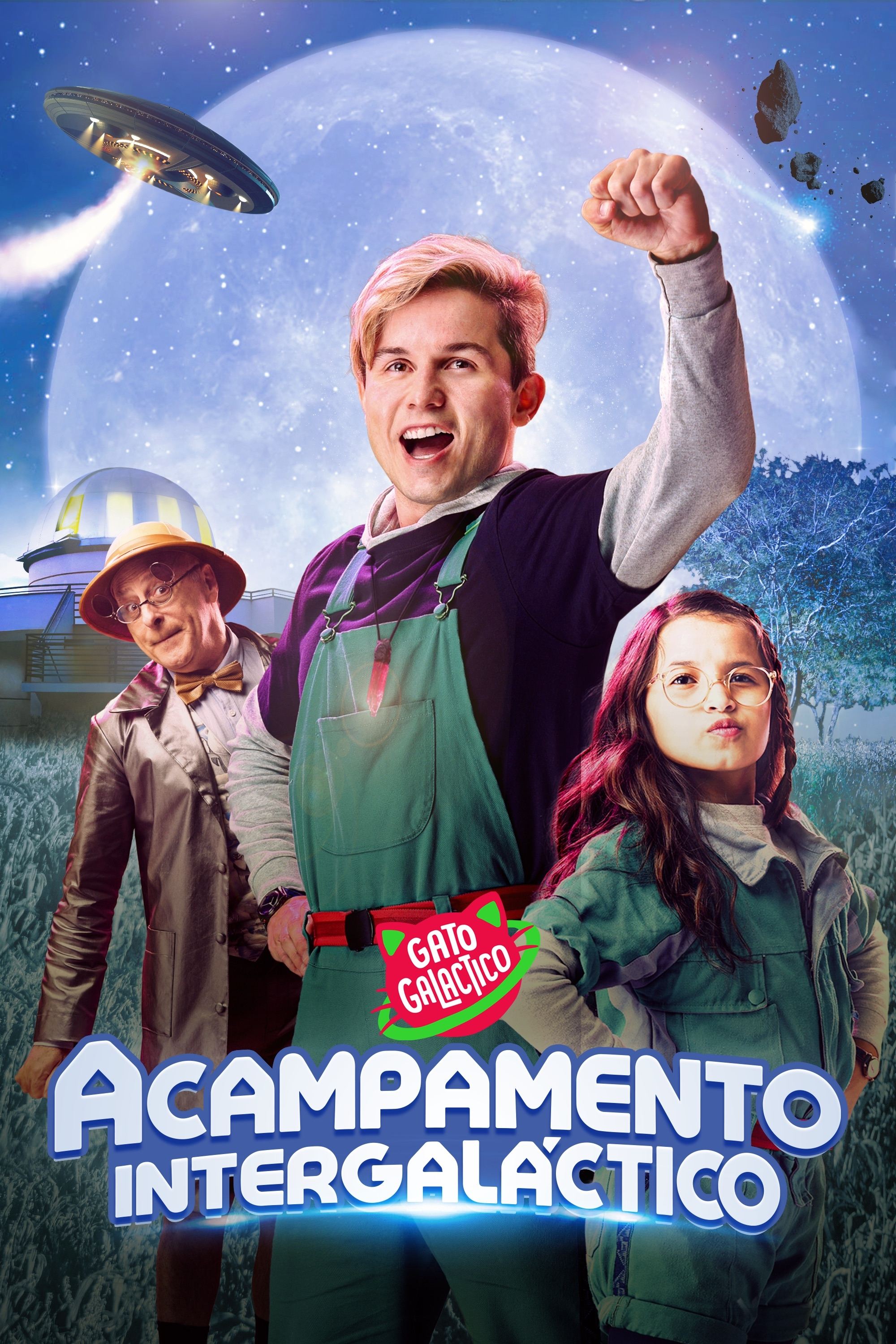
To prove his thesis about the existence of hope, Ronaldo will face challenges and adventures in a crazy science camp.
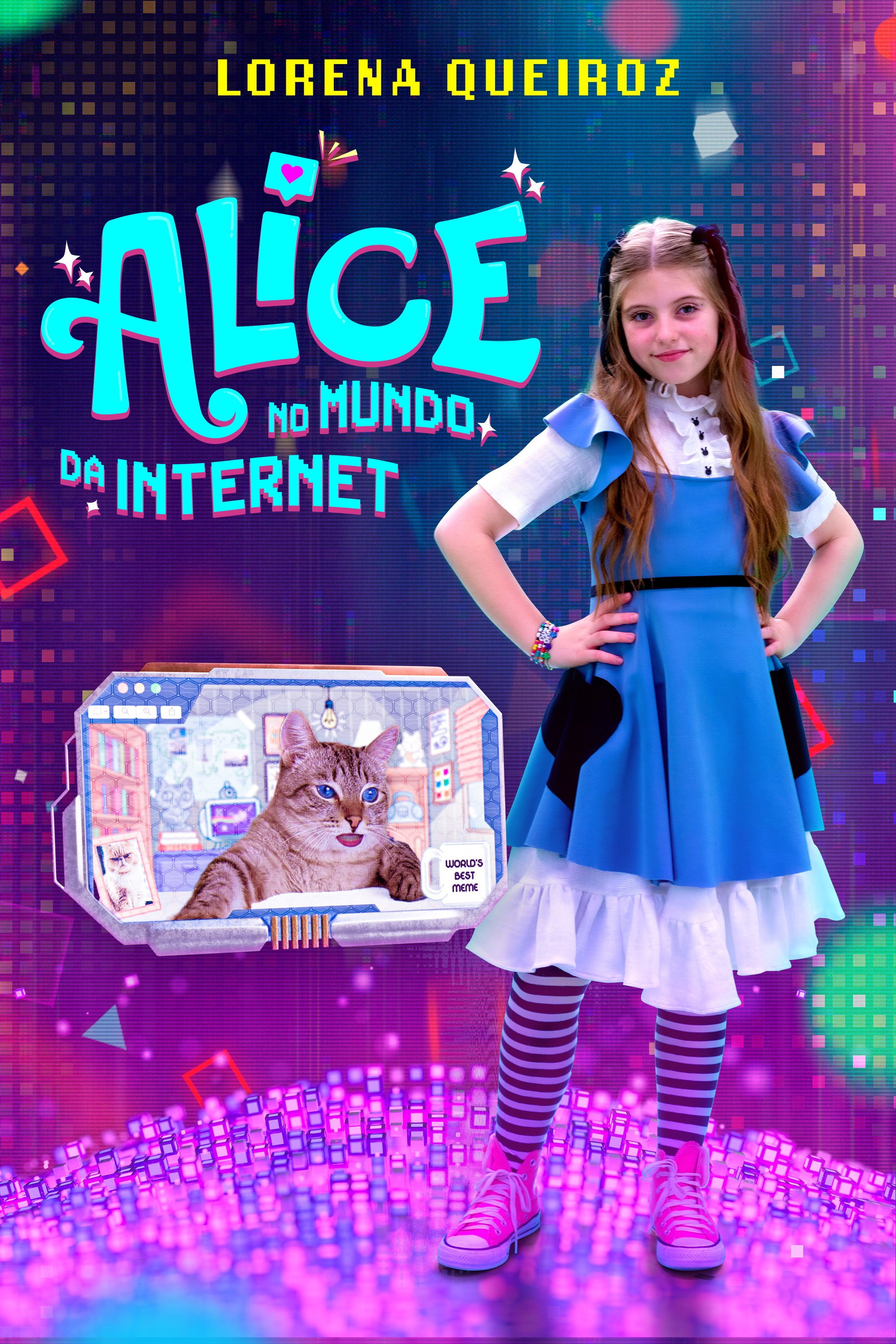
After a problem with her computer, a tween YouTuber gets stuck in a digital world inhabited by quirky characters, including the evil Queen of Bots.
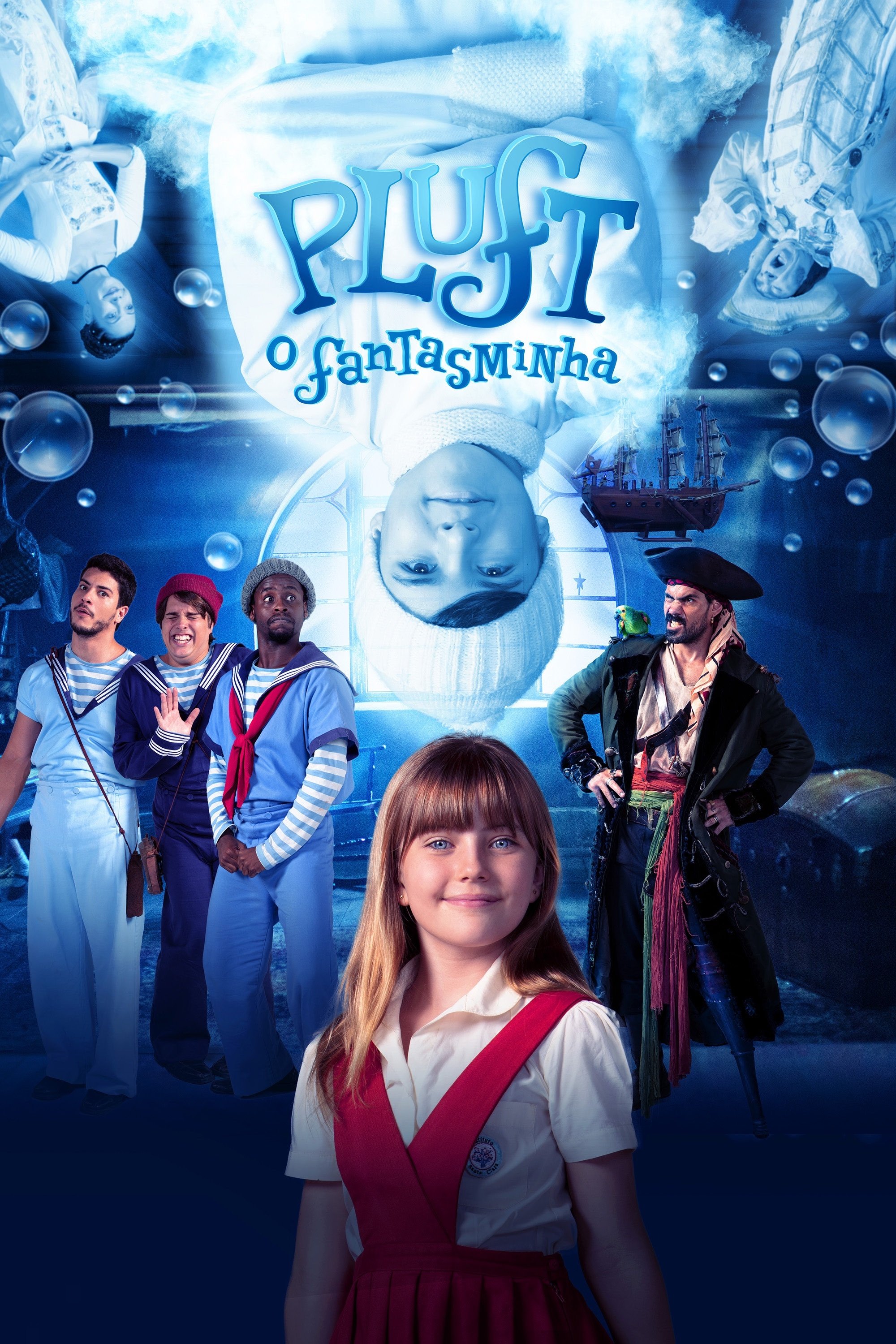
A little kid-ghost called Pluft lives with his ghost-mother and ghost-uncle, in a remote house in a desert island. He doesn't even believe people real exist. His world will be thrown upside down, when an evil pirate (Perna de Pau) disembark on the island, after kidnapping the little girl Maribel (daughter of a famous captain), in search of Captain's hidden treasure. Three friendly sailors will help to free the girl. Based on a very well known Brazilian children's play.
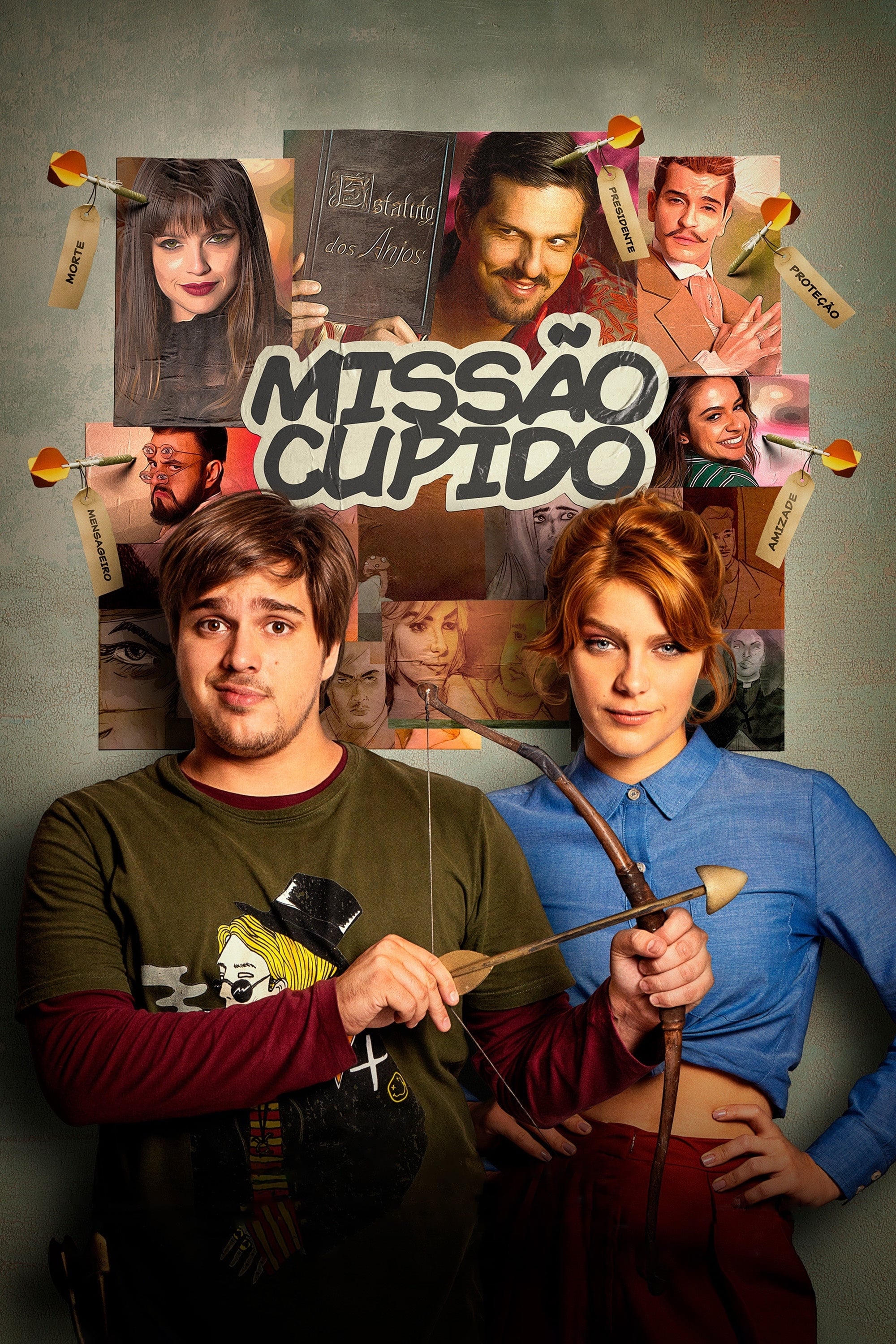
Miguel is Rita's clumsy guardian angel. Unaware of the extent of his powers, he prophesies that the girl will never find love. However, when Death learns of his audacity, he comes to Earth to seduce Rita. Now, by order of the Almighty, Miguel has to face Death and the problems he caused his protégé.
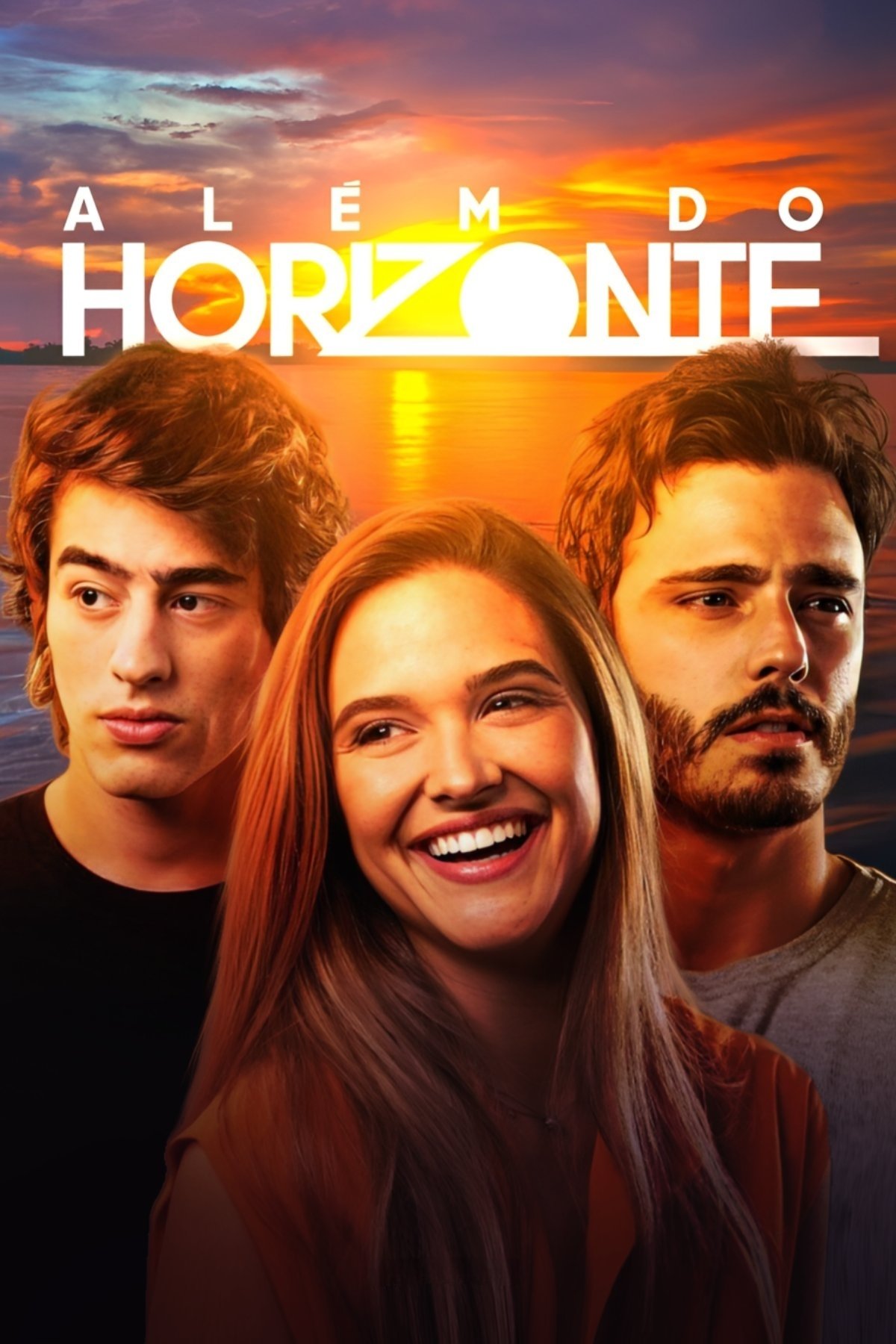
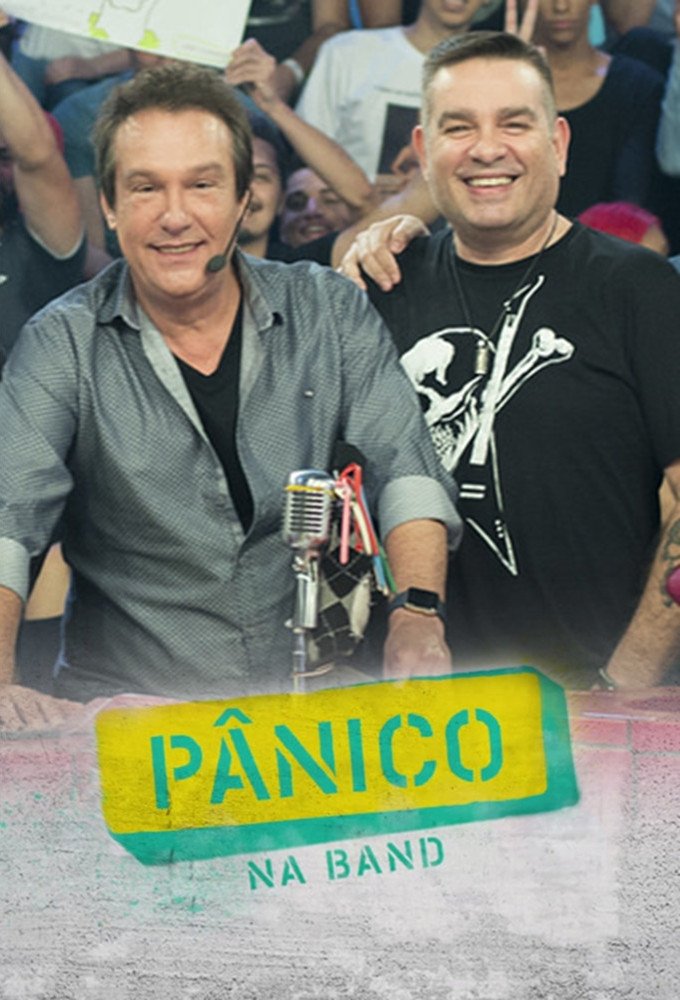
Pânico na Band is a Brazilian comedy television show produced and broadcast by Rede Bandeirantes. Is the second television version of Brazilian radio program Pânico, succeeding the Pânico na TV, broadcast by RedeTV! until 2012. The show debuted on Bandeirantes in April 1, 2012.
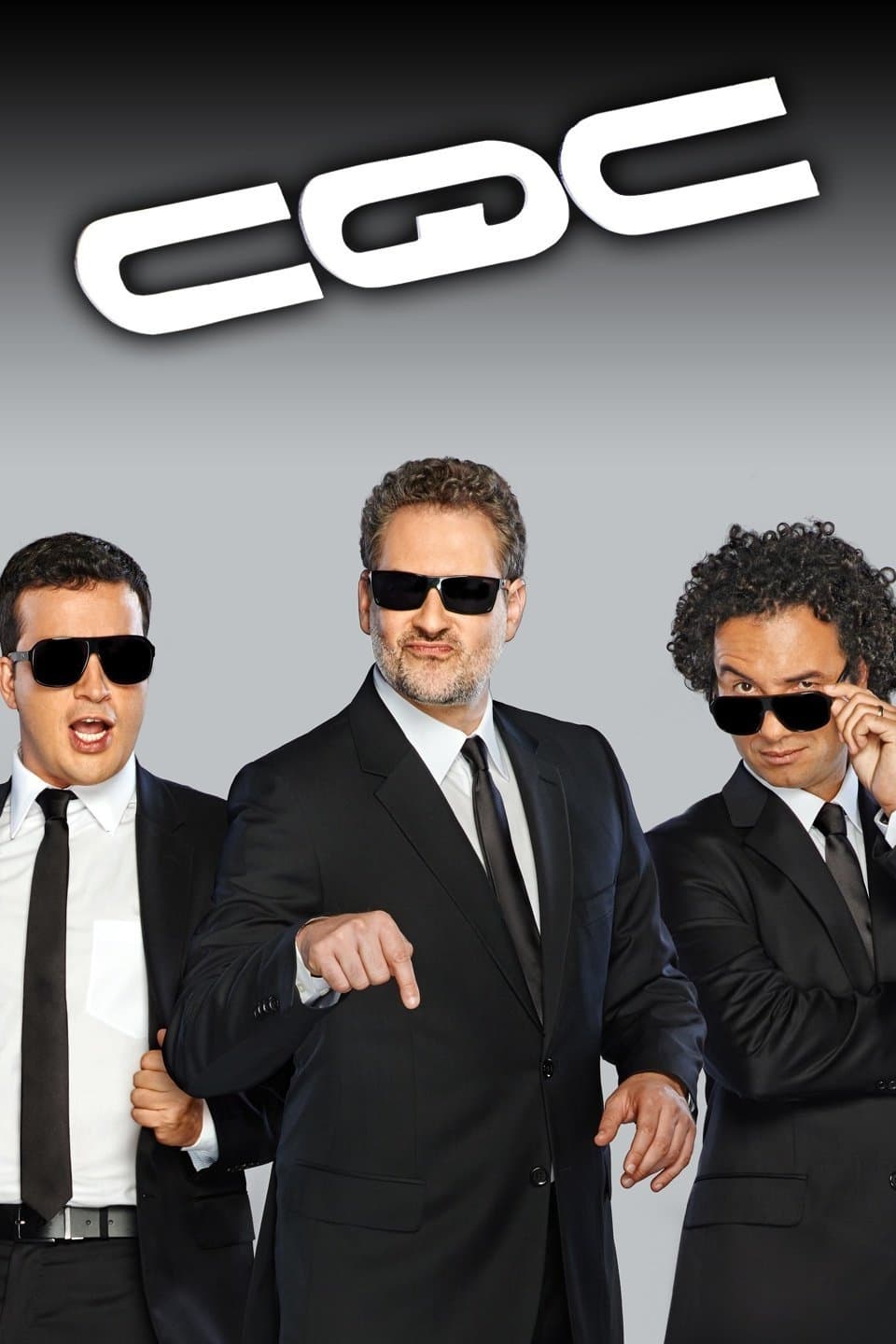
Custe o Que Custar is a Brazilian television comedy show, produced by Eyeworks and aired weekly by Rede Bandeirantes since March 17, 2008. It is presented by Marcelo Tas, and has in its team Marco Luque and Oscar Filho. The news reports are conducted by Felipe Andreoli, Monica Iozzi, Mauricio Meirelles, Ronald Rios and Dani Calabresa. The program covers weekly events from Politics, Arts and Sports, from a humorous and satirical viewpoint. It oftens uses metalanguage by satyrizing the very program on live transmissions, and introducing graphics and sound effects from the subjects. The format comes from Argentina, when it was originated under the name Caiga Quien Caiga, created in 1995 by Mario Pergolini
By browsing this website, you accept our cookies policy.